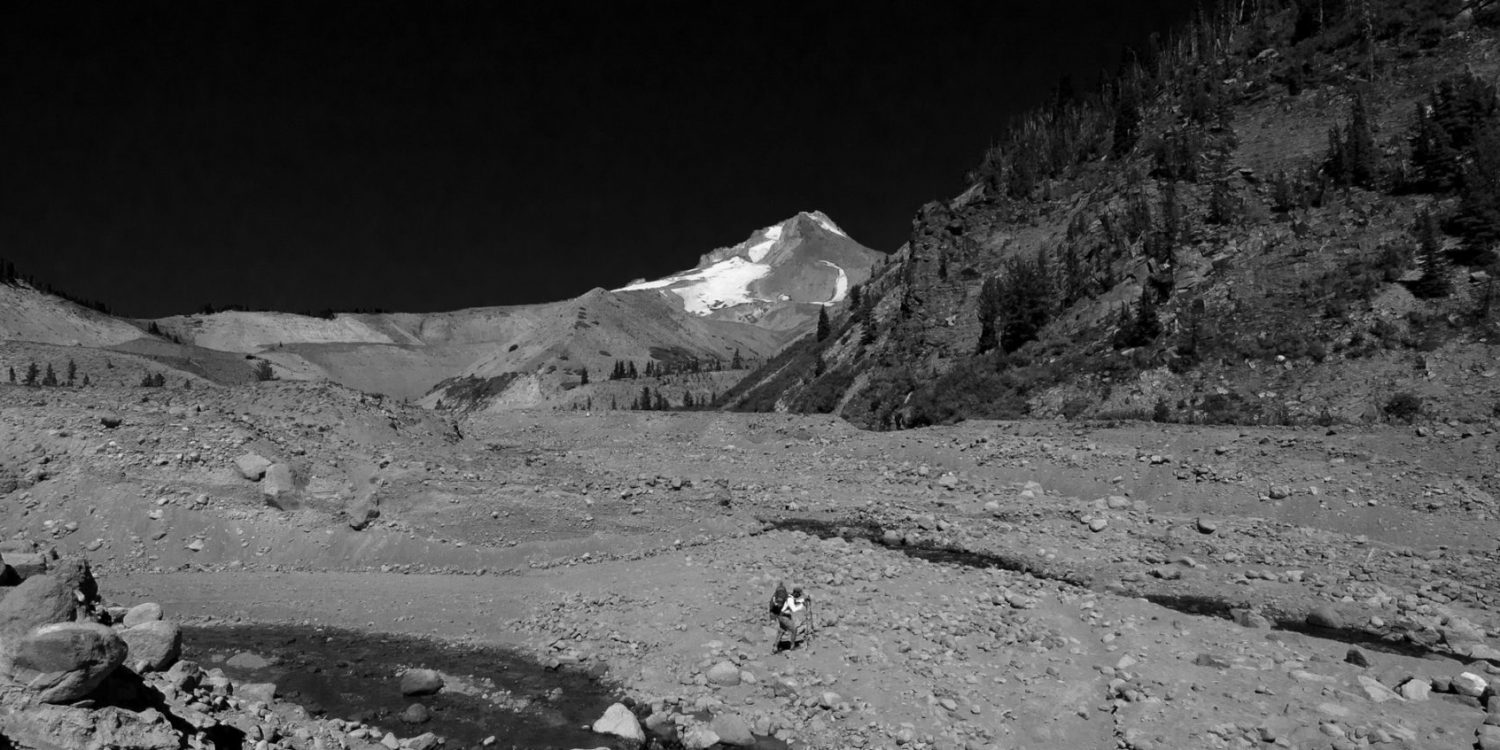The Love Affect
“Do what you love.”
We’ve been saying it backwards.
This confusion isn’t our fault because we give and receive this platitude casually, thinking it makes us sound enlightened. On the surface, this bumper sticker sounds satisfying and achievable, like building then sitting by a fire. Looking deeper, however, “do what you love” is more like your last, wet match in the cold rain—frustrating and hopeless.
This command orders us towards some permanent and unattainable bliss. When we do consider this option, we often respond by asking, how we can “do what we love” with bills to pay and family to look after. As a command, “do what you love” compels us to obey, and feel like we have disappointed someone by failing. Having disappointed someone, guilt and shame follow close behind.
In reality, very few people will ever achieve this distant privilege of doing what they love, and these people used a rare combination of luck, privilege, and sacrifice. Good for them. We should all enjoy watching other people succeed—as long as it is an honorable success.
Here’s the problem with “do what you love”—love is a concept or feeling. Love as a destination becomes distant and abstract. When we put “love” at the end of the sentence, we postpone love, saying we cannot be content until we achieve this distant love. This makes life feel hollow and unsatisfied, the opposite intent of those who say it.
However, by flipping “do” and “love,” we set the words in the proper order.
Love what you do.
That’s better, and much more satisfying because we can all love what we do. Now, as the subject, “love” becomes accessible and attainable.
Now, in “love what you do,” we see our real choice and real power to love. Love, after all, is an emotion already within us, not some far off destination we must earn. It’s easy as hugging your brother or smiling at the checkout clerk, easy as cooking breakfast or returning an email. We manifest and give love.
Furthermore, as a word, “do” is the space where we make our change, where our intentions manifest. At the end of the sentence, “do” empowers love to affect change. “Do” is where we affect our lives; it is where we make love.
“Love what you do” takes place now, in the concrete yet malleable present.
“Do” is an act in action.
Chop Wood, Carry Water.
There is a story I heard once.
One summer morning, a young monk and his master prepare the monastery for the day.
“Master,” the young monk says, “how does one achieve enlightenment?”
Turning, the master smiles, then picks up the ax.
“Chop wood, carry water,” he says. Disappointed, the young monk grabs the water bucket and follows.
They walk outside into the pinks and blues of dawn. At the woodpile, the young monk stands a chunk of wood on the splitting block. The master swings, and the seeds of breakfast divide and fall to the ground. They repeat, chunk, split, silence, the steam from their breath swirling and fading.
After a few minutes, the young monk asks, “So, what does a person do after achieving enlightenment?”
Flicking his wrist, the master seats the ax blade into the splitting block.
“Chop wood,” he says, picking up the bucket. “Carry water.”
Love What You Do
If you “love what you do,” instead of striving for an abstract destination, you will find love, right now, in concrete action. Not only is love the path to enlightenment, love is enlightenment, and it is something we can access right now, in the present moment. It is our emotion and state of mind, and it is already within us.
Each moment YOU choose how to feel and how to act. You create love.
Love what you do.
